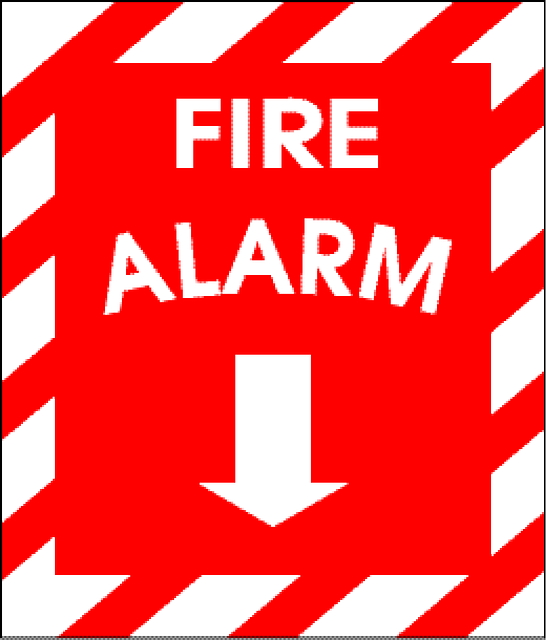Plumbing emergencies like burst pipes, blocked drains, or water heater leaks require immediate attention from licensed Emergency Plumbers. These specialists address issues swiftly, minimizing damage and health risks. Recognizing early signs such as pressure drops or mold growth is crucial. Preparedness involves locating shut-off valves, regular maintenance, and keeping essential tools handy. Choosing a reliable 24/7 emergency plumber with online reviews for licensed, insured professionals ensures quick, effective solutions to urgent plumbing problems.
In every home and business, plumbing emergencies can happen at any time, causing significant disruptions. Understanding these situations, their common causes, and how to recognize signs is crucial. The role of an emergency plumber is vital; they possess specialized skills and expertise to address urgent issues swiftly. This guide explores steps to take before and during such emergencies, along with tips for choosing the right emergency plumber, ensuring prompt, efficient solutions. Stay prepared by learning these essential practices involving an Emergency Plumber.
Understanding Emergency Plumbing Situations
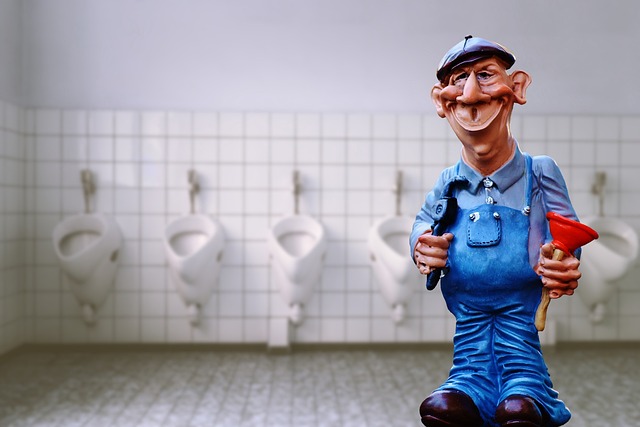
Plumbing emergencies can happen at any time, catching homeowners and business owners off guard. Understanding what constitutes an emergency is the first step in managing these situations effectively. An emergency plumber refers to a specialist who deals with urgent plumbing issues that require immediate attention to prevent further damage or disruptions.
Common emergency plumbing scenarios include burst pipes, which can lead to water flooding and extensive property damage, especially during cold weather. Another critical situation is a backed-up sewer line, causing raw sewage to spill into homes or businesses, posing severe health risks. Leaking water heaters, damaged toilets, or sudden loss of hot water supply are also emergencies that need prompt attention from a skilled emergency plumber to ensure the safety and comfort of occupants.
Common Causes of Plumbing Emergencies at Home and Businesses
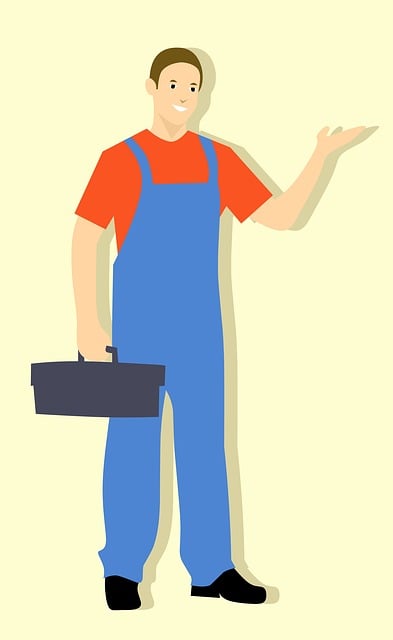
Plumbing emergencies can occur unexpectedly, causing significant disruptions in our daily lives and operations. Whether at home or in a business setting, understanding common causes can help prevent or mitigate such incidents. Leaks are one of the most frequent issues, often stemming from worn-out pipes, faulty fittings, or freezing temperatures in outdoor hoses. These leaks can go unnoticed until they result in flooding, posing potential water damage risks and costly repairs.
Another prevalent emergency involves clogs and blockages within plumbing systems. Food debris, grease buildup, or foreign objects frequently cause drain clogs, leading to slow drainage or complete blockage. In commercial spaces, hair and grooming product residue from sinks and showers can also contribute to severe clogs. Prompt attention from an emergency plumber is crucial in such cases to avoid water backup and potential health hazards.
The Role of an Emergency Plumber: Skills and Expertise Required
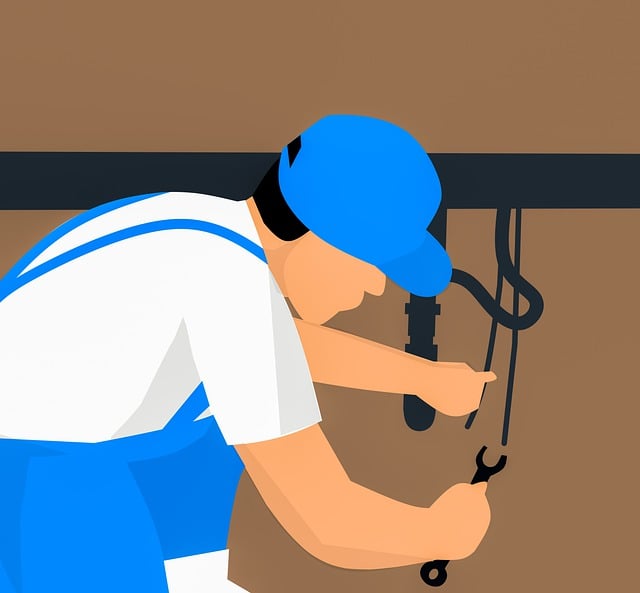
When faced with a plumbing emergency, whether it’s a burst pipe, a flooded basement, or a clogged drain, an emergency plumber is often the first point of contact for homeowners and business owners alike. The role of these professionals goes beyond fixing immediate issues; they are skilled in assessing, diagnosing, and providing quick solutions to prevent further damage.
An emergency plumber needs a unique set of skills and expertise. They must be adept at troubleshooting complex plumbing systems, often working with urgent time constraints. This includes knowledge of various plumbing fixtures, pipes, and equipment, as well as the ability to identify potential hazards and risks associated with water damage. Effective communication skills are also vital to explain situations clearly to clients and offer tailored solutions to meet their needs promptly.
How to Recognize the Signs of a Plumbing Emergency

Recognizing the signs of a plumbing emergency is crucial for minimizing damage and ensuring swift action. Look out for sudden, significant water pressure drops, which could indicate a burst pipe or main line issue. Unusual noises coming from pipes, like banging or squealing, often signal structural problems or loose fittings. If you notice water heating issues, such as prolonged time to reach desired temperature or constant heating, it might be a sign of a malfunctioning heater or leaks.
Another telltale sign is the presence of mold or mildew in unexpected areas, particularly in basements or crawl spaces. This could be an indication of persistent water intrusion caused by plumbing problems. Moreover, if you detect strange smells coming from your pipes or drains, it may point to bacterial growth or sewage backup. In case of any sudden changes in water pressure, unusual noises, heating issues, or signs of mold, it’s time to call an emergency plumber to address the situation promptly.
Steps to Take Before and During a Plumbing Emergency

In the event of a plumbing emergency, whether it’s a burst pipe or a sudden water heater malfunction, taking swift action can significantly mitigate damage and costs. Before an emergency strikes, prepare by locating your main shut-off valve for water supply, ensuring tools like wrenches and pliers are readily available, and scheduling regular maintenance checks with a professional emergency plumber. This proactive approach can help prevent small issues from becoming major crises.
During an emergency, stay calm and turn off the water supply at the main valve. Then, assess the situation: is it a burst pipe, clogged drain, or another issue? Depending on the problem, you may be able to temporarily fix it yourself with basic tools, but for complex issues, don’t hesitate to call an emergency plumber immediately. Quick response from a qualified professional can save your home or business from extensive water damage and ensure your safety.
Choosing the Right Emergency Plumber: Tips for Homeowners and Business Owners
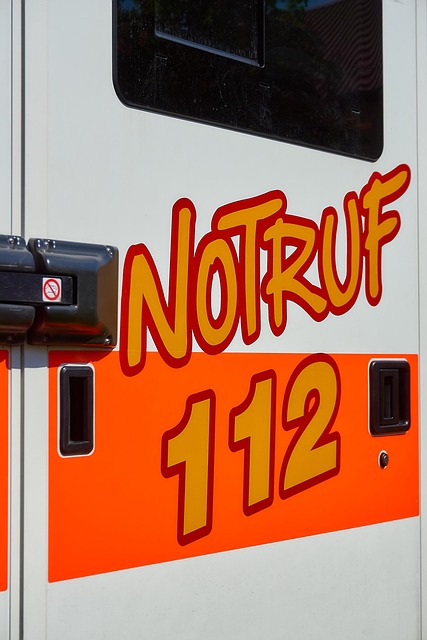
When faced with an emergency plumbing issue, whether it’s a burst pipe flooding your home or a commercial toilet backup at your business, selecting the right emergency plumber is crucial. Start by checking if the plumber is licensed and insured—this ensures they meet industry standards and protects you from potential liability. Online reviews are also invaluable; seeing what other customers have said about their experiences can give you peace of mind.
Look for a plumber that offers 24/7 availability, as emergency situations can occur at any time. Additionally, consider plumbers who provide a full range of services, from drain cleaning to pipe repairs and replacements, to ensure they can handle any unforeseen complications without the need for multiple specialists.
